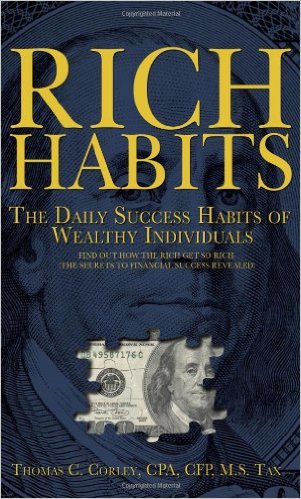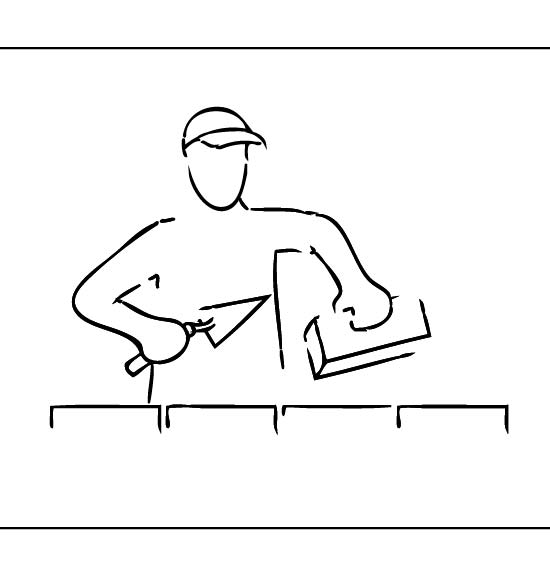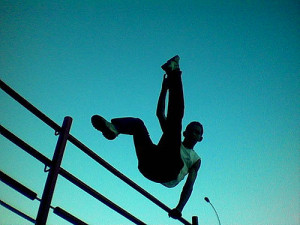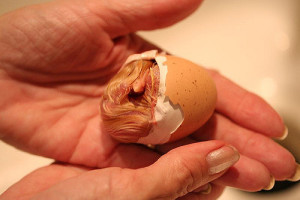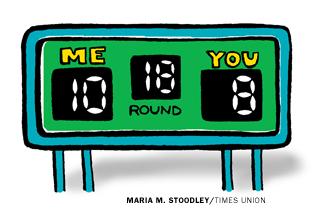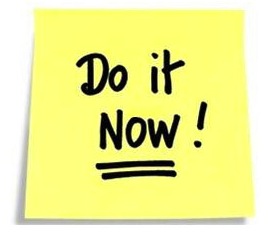“Are you following a path, or blazing one?”
-Michael Bungay Stanier, Sr. Partner of Box of Crayons

Image from Flickr by Vinoth Chandar
We are all creatures of habit. Just take a look at a typical day to explore all of the routines and rituals that engage your time.
The good news is that habits are often extremely helpful in that they usually provide us the necessary momentum to pursue and achieve many of our goals.
On the other hand, new goals that we passionately desire rarely come to fruition because we continue to follow our current path, using familiar strategies and tactics.
EXERCISE:
Where and on what personal or professional goals is blazing a path the thing to do to achieve what you most desire? What new and different behaviors and attitudes will be required to do so?

